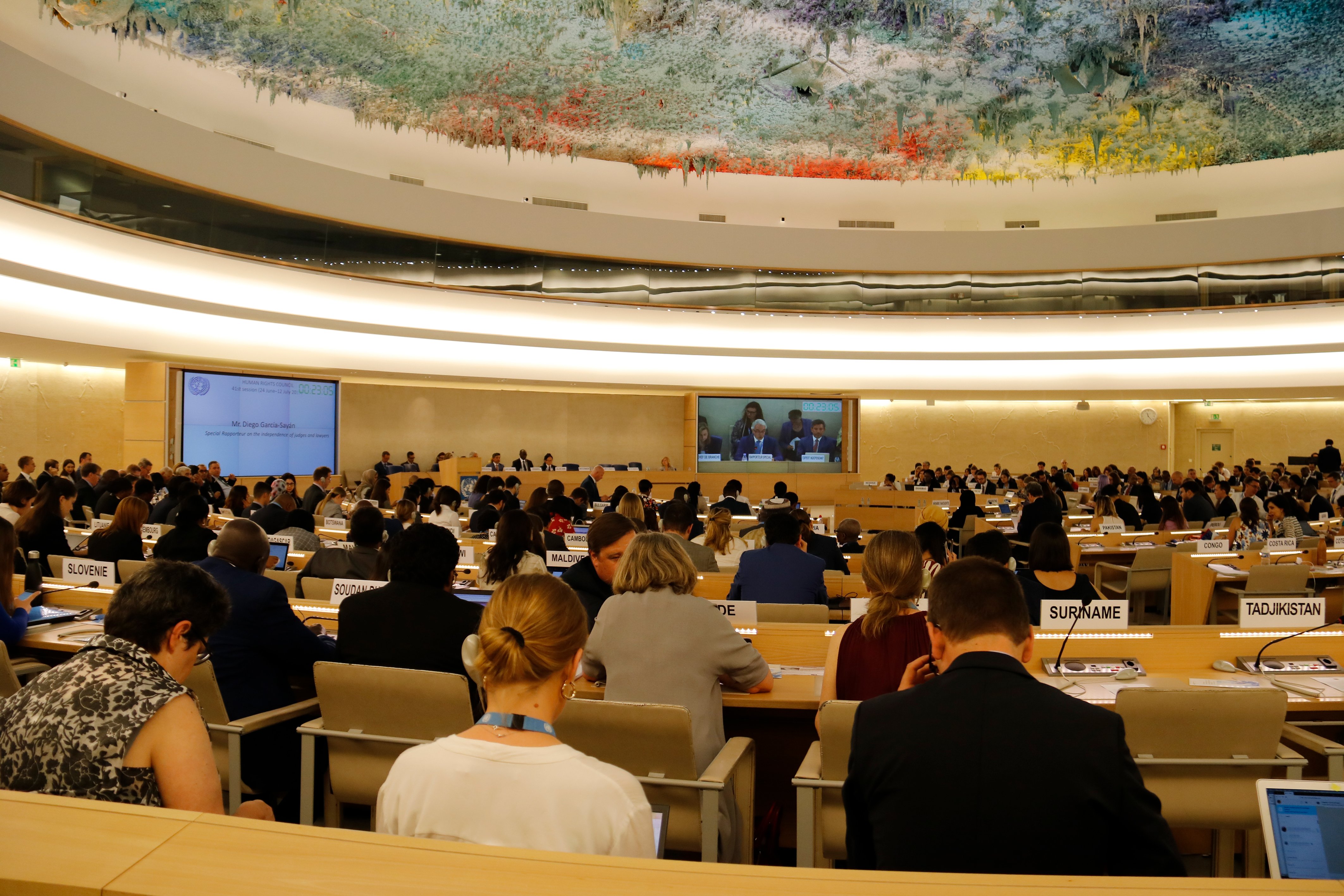The UN Human Rights Council, formed in 2006 to promote and protect human rights internationally, will decide whether or not it believes the hundreds of unprosecuted crimes dating from the Franco dictatorship should be investigated by Spanish courts or not.
In 1977, during its transition to democracy after Franco's death, the new Spanish Congress passed the so-called Amnesty Law. This released political prisoners and allowed for the return of exiles, whilst also exempting any members of the regime, civil service or military from prosecution. Supporters argue it avoids controversial and divisive going-over of the past; detractors say it conflates victims and victimisers and criticise it for letting people off free.
According to the newspaper Público, cases are starting to reach the council. Firstly, because of a Supreme Court ruling that any crimes committed between 1936 and 1977 by officials would be erased, or at least unprosecutable, following the 1977 Amnesty Law. The judges described that law as a "basic and irreplaceable pillar of the Spanish transition [to democracy]".
Then there was the stance taken by the Constitutional Court, rejecting appeals from a number of victims of the Franco regime, following judges in lower courts dismissing their complaints. The Constitutional Court cites the Supreme Court and argues that the matters have no constitutional relevance.

